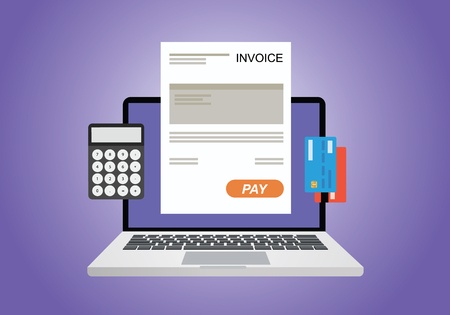How you pay yourself as a freelance creative contractor
‘A word of warning though on the pluses and minuses of aggressive tax planning’
‘Being a Contractor offers advantages of more flexible payment options’
The new model of being a Contractor, a business, or a freelancer depending on how you look at your role, offers advantages of having a company or other payment vehicle and subsequent to this set up from having more flexible payment options. This is likely to enable more effective tax planning for you and your family than going down the standard career path.
A word of warning though on the pluses and minuses of aggressive tax planning. There are a number of Accountants who will, initially when they realise that you are new to the Contractor/flexible working space, suggest that you operate via an ‘Umbrella company’ or another complex scheme. These often try to take advantage of legitimate Government allowances that provide for certain niche sectors of Industry that the Government is trying to incentivise investment in – movie or TV production for example of the running of car parks. However, it is worth noting that the Tax Avoidance schemes that take an advantage of these tax breaks are set up for two reasons – the first is to reduce your tax bill and the second is to earn fees for the entities that set up such schemes. The chances are that they will earn more money than you as operators of these schemes. What is becoming the norm though is for the Revenue Inspectorate to become more interested in the running of such companies/schemes.

Contractor Risks
It is fair to assume that unless there is risk involved in such investments, and the most aggressive schemes are run in such a way as to avoid risk for those involved in financially backing such schemes, then they are most likely to be too good to be true. Contracting offers many cash flow and flexible advantages to those billing under such schemes that you really must ask if any ‘risk free’ scheme promoted by your friendly Accountant is actually too good to be true. The financial penalties, and the monies that have been taken from such schemes by beneficiaries and most likely spent before the Revenue investigates, could and have in the past turned a near term gain from participating in such schemes into a substantial long term nightmare. Some similar principles are involved in operating overseas and offshore companies and accounts and it’s important to do your homework if such are offered to you as products or working solutions. Understand the specific cash flow movement of any arrangement/scheme that you are offered, understand how exactly you are paid from one. It’s also been shown in recent cases that ignorance on the behalf of the taxpayer in terms of how these companies operated is not deemed by HMRC to be an acceptable defence should HMRC decide to challenge the benefactors of these schemes for unpaid or unpaid taxes. See here for example.
Limited Companies & Shareholders
Limited companies and how income and expenses are charged through them, pay dividends etc. can be complex. They do offer a great deal more flexibility than as an employee of a company in terms of when and how payments are made to its promotors. It is quite usual too for a company owner/shareholder to take some of their earnings from a business that they run through also being an employee of that company. Given that one of the reasons that Contractors favour the operation of their affairs via a company is that dividend income via being a shareholder is taxed an average lesser percentage than that of an employee then most of the payments from being a Contractor are likely to accrue from dividends.
Shareholders, should the Director(s) of the company deem it to be suitable, receive their rewards primarily by means of regular dividend payments. These are paid out of any post tax earning in the company and are also taxed in the hands of the recipient, although as previously noted at lesser tax rates than salaried earnings.
Owners, Employees & Contractors
It’s advised too that a certain amount of income accruing to a contractor is taken via being an employee (via having a valid IR35 compliant contract) and taking a certain amount in wages, an amount to match with Tax-Free allowances usually. However, each person’s Tax arrangements are different and often there are family and/or non-work income and gains to be considered when deciding on the exact amounts to pay from a company and when. Specific guidance is therefore strongly advised.
A business owner/Contractor (remember that are a Shareholder of a company as a result of setting up a company to operate through and therefore at least a part owner of that company too) there can be further payments due if you decide to sell your shares in the company (possibly because someone sees that the regular fee income that the business produces and the brand name and reputation that is has established is valuable). Ditto on dissolution (the winding up or formal closure of the company) funds within the company are transferred out of the company using a very different process and format to normal monthly and annual flow of monies to the business owners.
Do you feel that you have a Corporate Identity yet that others could relate to?
Call us now, regarding these services in the London area and how we can help, on 020 8108 0090or complete the enquiry form and we will call you back.
